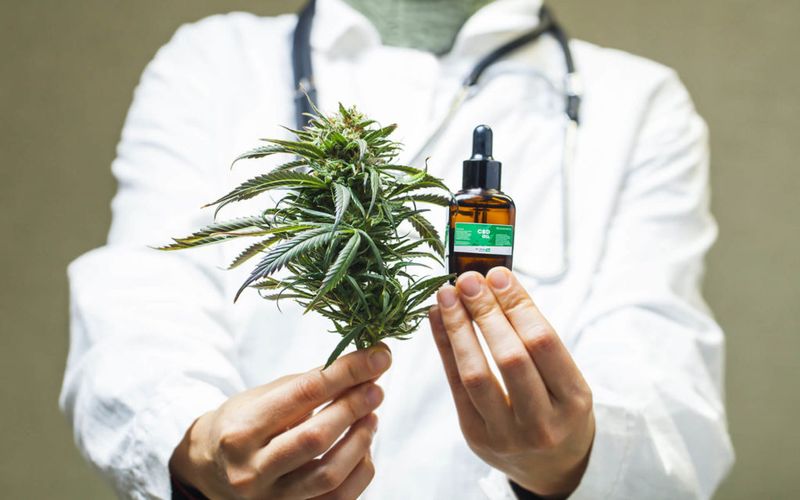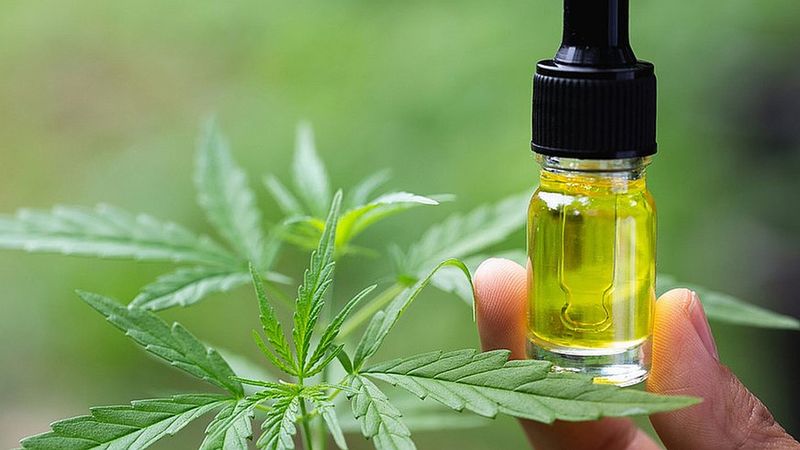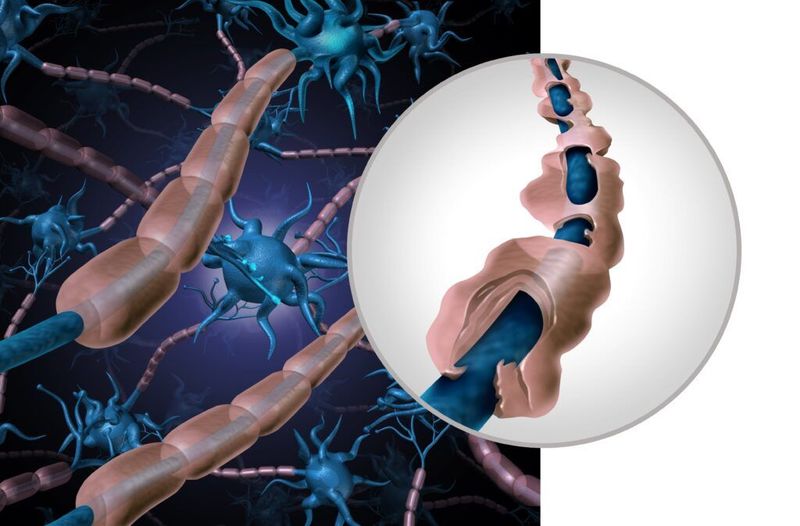Cannabis has long been a topic of debate, but recent studies and personal anecdotes reveal surprising truths about its potential health benefits. From pain management to mental health support, cannabis is gaining attention for its therapeutic properties. This blog explores ten unexpected ways cannabis can be used to address various health issues, providing insights into its potential as a natural remedy.
1. Pain Relief

Chronic pain affects millions worldwide, altering daily life. Cannabis offers a natural alternative for pain relief, particularly for conditions like arthritis and fibromyalgia. Unlike traditional painkillers, cannabis interacts with the body’s endocannabinoid system to reduce inflammation and discomfort.
Users often report a significant reduction in pain without the side effects associated with prescription medications. This plant’s unique ability to target pain receptors makes it a viable option for those seeking holistic treatment.
A study in the European Journal of Pain found that cannabinoids can significantly reduce pain and improve sleep quality, offering hope to many sufferers.
2. Anxiety Reduction

Anxiety disorders are among the most common mental health issues today. Cannabis is emerging as a tool for alleviating anxiety symptoms. Certain strains, high in cannabidiol (CBD), provide calming effects without psychoactive experiences.
For some, a small dose is all it takes to ease the mind and promote relaxation. This natural remedy allows people to manage stress without the harsh effects of pharmaceuticals.
Interestingly, ancient cultures used cannabis in spiritual rituals to calm the mind, a practice being rediscovered for its therapeutic potential. Modern users find it enhances meditation and mindfulness, creating inner peace.
3. Sleep Improvement

Insomnia plagues many, but cannabis can offer a natural sleep aid. Certain cannabinoids, like CBD and THC, have sedative properties that help regulate sleep cycles and improve rest quality.
Unlike prescription sleep aids, cannabis avoids the risk of dependency and morning grogginess. Users often find they fall asleep faster and enjoy deeper sleep.
In fact, a study revealed that patients using cannabis for insomnia reported significant improvements in sleep duration and quality. This plant provides a holistic approach to achieving restful sleep, making it a popular choice for those struggling with restlessness.
4. Appetite Stimulation

For those experiencing appetite loss, particularly due to chemotherapy or chronic illness, cannabis offers a natural solution. Known for inducing “the munchies,” cannabis stimulates appetite by interacting with brain receptors.
This can be particularly beneficial for patients who need to maintain or gain weight during treatment. Unlike other appetite stimulants, cannabis encourages natural hunger without adverse effects.
Historically, cannabis has been used in various cultures to enhance culinary experiences, a testament to its ability to stimulate the senses and appetite. Today, it continues to support those facing severe appetite challenges, providing nourishment and comfort.
5. Nausea Control

Nausea can be debilitating, affecting quality of life. Cannabis, particularly strains high in CBD, has been shown to alleviate nausea effectively. This is especially helpful for chemotherapy patients who struggle with intense nausea.
Cannabis works by interacting with serotonin receptors, reducing queasiness and promoting comfort. Unlike traditional anti-nausea medications, it offers a natural alternative with fewer side effects.
The use of cannabis for nausea dates back centuries, with ancient healers recognizing its soothing properties. Today, it remains a trusted remedy for those seeking natural relief, offering a pathway to feeling well again.
6. Epilepsy Management

Epilepsy affects millions, often with debilitating seizures. Cannabis, particularly CBD oil, has gained attention for its ability to manage epilepsy symptoms. Studies show significant seizure reduction, particularly in children with treatment-resistant epilepsy.
This natural remedy interacts with brain receptors, offering a safe alternative to traditional medications. Parents of affected children report improved quality of life and reduced seizure frequency.
The FDA has even approved a CBD-based drug for epilepsy, acknowledging its potential. This endorsement highlights cannabis’s promise as a natural treatment, providing hope for families facing the challenges of epilepsy.
7. Multiple Sclerosis Support

Multiple Sclerosis (MS) presents with symptoms like muscle spasms and pain. Cannabis, known for its muscle-relaxant properties, provides relief for those with MS. By interacting with the endocannabinoid system, it helps ease muscle stiffness and improve mobility.
Patients report less discomfort and more control over their movements. This natural treatment option is gaining popularity among those seeking alternatives to conventional medications.
In recent years, research supports cannabis’s efficacy in managing MS symptoms, offering a beacon of hope for improved quality of life. This plant continues to empower individuals facing the daily challenges of MS.
8. Cancer Treatment Aid

Cannabis is often used as an adjunct therapy in cancer treatment. It helps manage symptoms like pain, nausea, and loss of appetite, improving patient comfort during treatment.
Certain compounds in cannabis are believed to have anti-cancer properties, though more research is needed. Patients find that it complements traditional therapies, offering a holistic approach to care.
Historically, cannabis has been used in medicine for its healing properties. Today, it offers a supportive role in modern cancer care, providing a natural source of relief and improving the quality of life for many.
9. Mental Health Support

Cannabis is gaining recognition for its potential benefits in mental health care. It can alleviate symptoms of depression and PTSD, providing a new avenue for those seeking mental wellness.
Specific strains, rich in CBD, are known to promote relaxation and emotional balance, offering a natural supplement to traditional therapies. Users often report enhanced mood and reduced anxiety levels.
Ancient texts reference cannabis for its calming effects, a tradition now backed by modern studies. This natural option offers a complementary approach to mental health, empowering individuals to achieve emotional harmony.
10. Inflammation Reduction

Inflammation is at the root of many chronic diseases. Cannabis, with its anti-inflammatory properties, provides relief by targeting inflammation at its source.
It offers a natural alternative to NSAIDs and other medications, presenting fewer risks of side effects. For many, it has become a staple in managing conditions like rheumatoid arthritis and inflammatory bowel disease.
The plant’s ability to soothe inflammation has been known for centuries, with current research supporting its use. Cannabis remains a powerful ally in the quest for health, providing a natural means to combat chronic inflammation.

